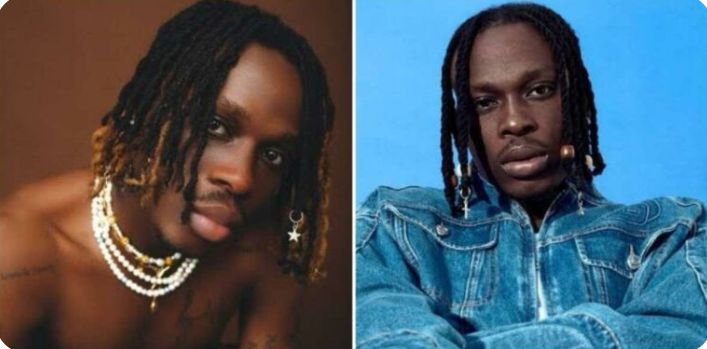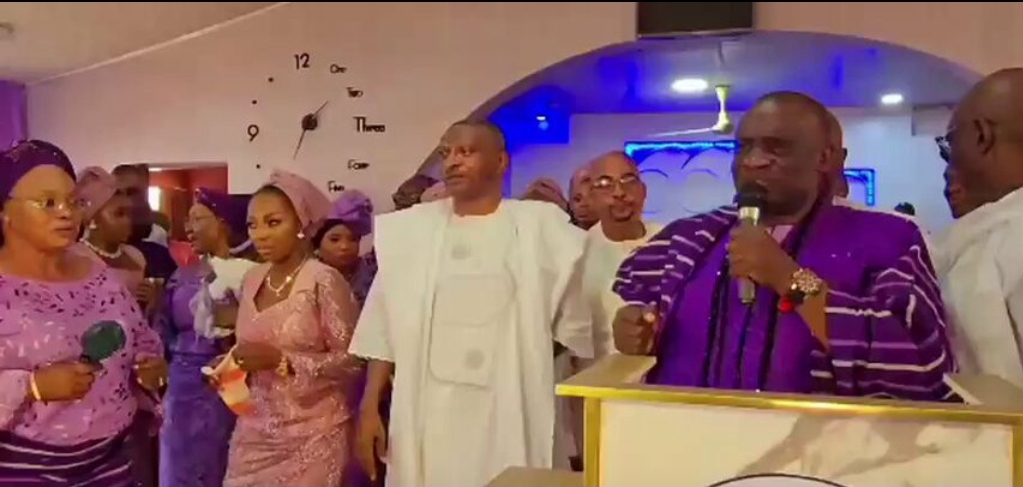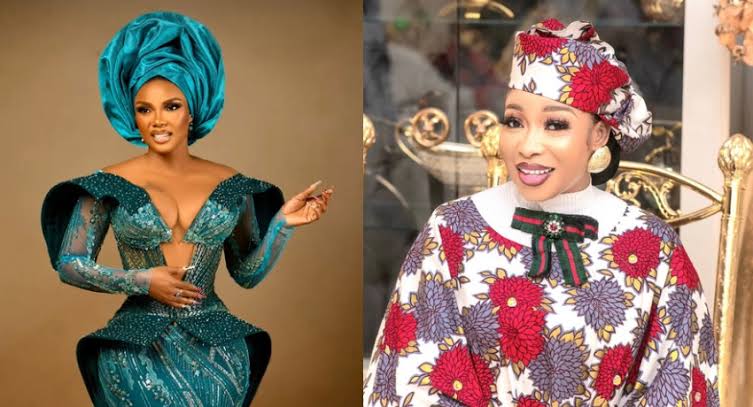
Award-winning singer Fireboy DML confesses that his body art has driven a deep emotional wedge between him and his father

In a raw and heartfelt revelation that’s ignited conversations across the Nigerian entertainment sphere, award-winning singer Fireboy DML has confessed that his body art—a personal expression of identity and creativity—has driven a deep emotional wedge between him and his father.
The 29-year-old Afrobeat sensation, born Adedamola Adefolahan, opened up during a recent appearance on the 90s Baby Show, where he shed the gloss of stardom to reflect on the real-life consequences of his choices. In the candid chat, Fireboy didn’t shy away from the pain that lingers behind the ink that adorns his skin. For him, tattoos aren’t just body modifications—they’re art, they’re identity, they’re self-expression. But to his father, they represent something else entirely: heartbreak.
“One thing that I would do that can break my dad’s heart? I think I already did; my tattoos,” Fireboy admitted, his tone a mix of regret and resignation. “Whenever he comes to visit me, I’m always on jalabiya, fully covered. Because tattoos, they break his heart every time he sees them.”
The singer, known for soul-stirring hits like Peru, Vibration, and Bandana, has built a reputation for authenticity in his music, and now, he’s extending that same transparency to his personal life. In an industry often wrapped in glitz and carefully curated images, his honesty stands out. His relationship with his father, once perhaps typical of a strict Nigerian upbringing, has found new tension under the spotlight of fame and the realities of personal choice.
In a society where traditional values often clash with modern forms of self-expression, Fireboy’s story mirrors that of many young Nigerians—especially those navigating creative careers. For older generations, tattoos are still taboo, associated more with rebellion than with art. For Fireboy’s father, it appears to be a line crossed too far, a mark not just on the skin but on a generational bond.
The irony, however, is not lost on Fireboy. Despite being a global music star with fans across continents, the artist still feels the sting of familial disapproval. “My dad doesn’t have a problem with my piercing,” he noted, “but these tattoos? He will never forgive me for these things.”
Still, the Playboy crooner remains steadfast in his love for ink. According to him, even if he had never picked up a microphone or stepped onto a stage, the tattoos would still be there. It’s not about the fame—it’s about the art.
“But even if I had ended up as a banker, I would still have had tattoos. It is not even about being an artist for me, I’m just that kind person,” he explained. “I see it as an art. Because sometimes, I want to be shirtless and still look like I am dressed up. I want to wear a singlet and step into a place and still have a presence. That is what tattoos are to me.”
It’s a powerful statement that underscores the growing tension between culture and individuality, especially for a generation of Nigerians coming into their own. In Fireboy’s world, tattoos are not rebellion—they’re resonance. They’re storytelling. They’re wearable pieces of identity that travel with him through every city, every stage, every spotlight.
Yet, back home, the story reads differently.
To his father, each tattoo seems to represent a silent battle lost—a visual defiance of values passed down, a mark of distance in what may have once been a close-knit family dynamic. It’s an emotional divide not uncommon in Nigerian homes, where parental expectations and modern identity often exist in a delicate, if uneasy, balance.
Fireboy’s revelation has stirred responses across social media, with many fans expressing empathy and sharing similar experiences. Some praised his honesty and bravery, while others urged him to keep trying to bridge the gap with his father. A few others pointed out the generational rift that many Nigerian youth face in trying to assert themselves without alienating those they love.
At the core of it all is a simple, haunting truth: even the biggest stars have family drama.
For Fireboy, who’s built a brand on soul-searching lyrics and vulnerable storytelling, this chapter may just be another song waiting to be written. His relationship with his father remains a deeply personal one, but by speaking openly, he’s reminded fans that success doesn’t shield anyone from emotional conflict. Even at the pinnacle of global recognition, acceptance at home still matters.
Whether his father will ever come around remains unknown. But one thing is clear: Fireboy isn’t running from who he is. His tattoos aren’t just ink; they’re statements, they’re scars, they’re symbols of growth and self-love. And as he continues to chart his path in the music world, they will likely remain etched not just on his skin, but in the story of his life.
This is more than a celebrity confession—it’s a generational conversation. And Fireboy, whether he meant to or not, has just turned up the volume.


